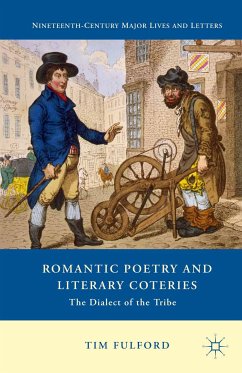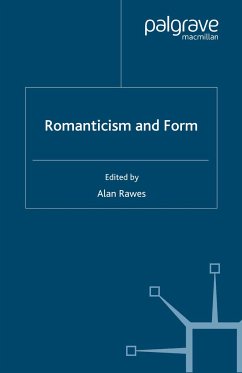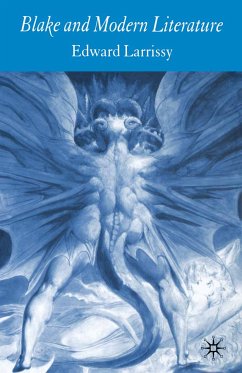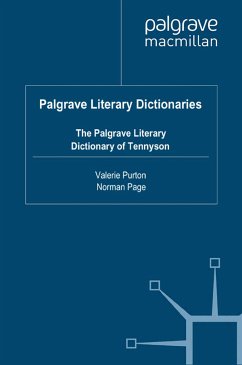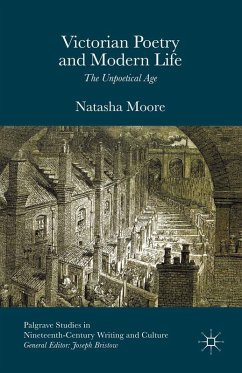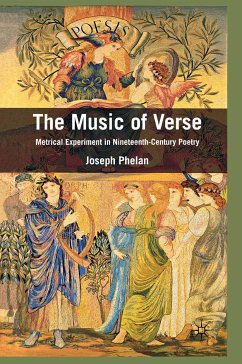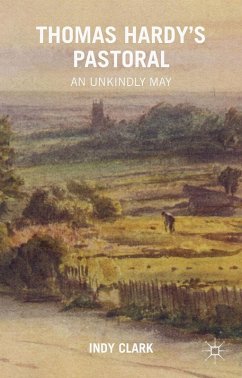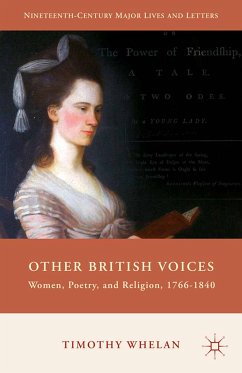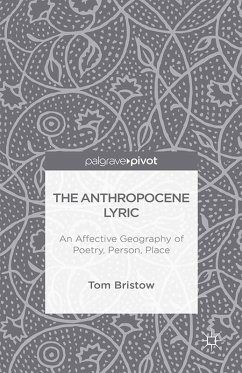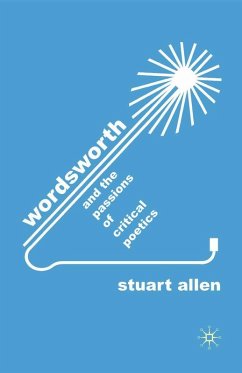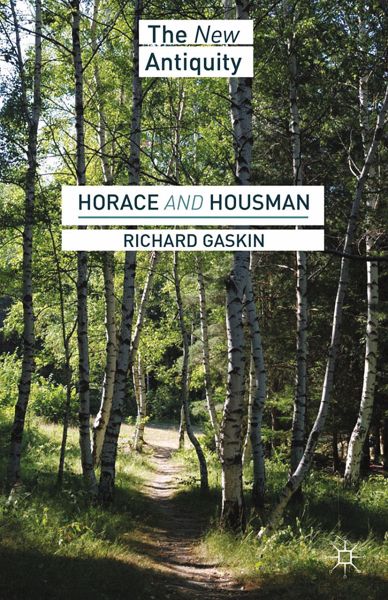
Horace and Housman (eBook, PDF)
Versandkostenfrei!
Sofort per Download lieferbar
40,95 €
inkl. MwSt.
Weitere Ausgaben:

PAYBACK Punkte
20 °P sammeln!
The lyric poems of Horace and Housman are two enigmatic bodies of work that have much in common, and a close reading of each poet's writings can illuminate the other's. This is the first book to provide a detailed, critical comparison between these two poets, and also the first to make use of Housman's unpublished lectures on Horace.
Dieser Download kann aus rechtlichen Gründen nur mit Rechnungsadresse in A, B, BG, CY, CZ, D, DK, EW, E, FIN, F, GR, HR, H, IRL, I, LT, L, LR, M, NL, PL, P, R, S, SLO, SK ausgeliefert werden.



